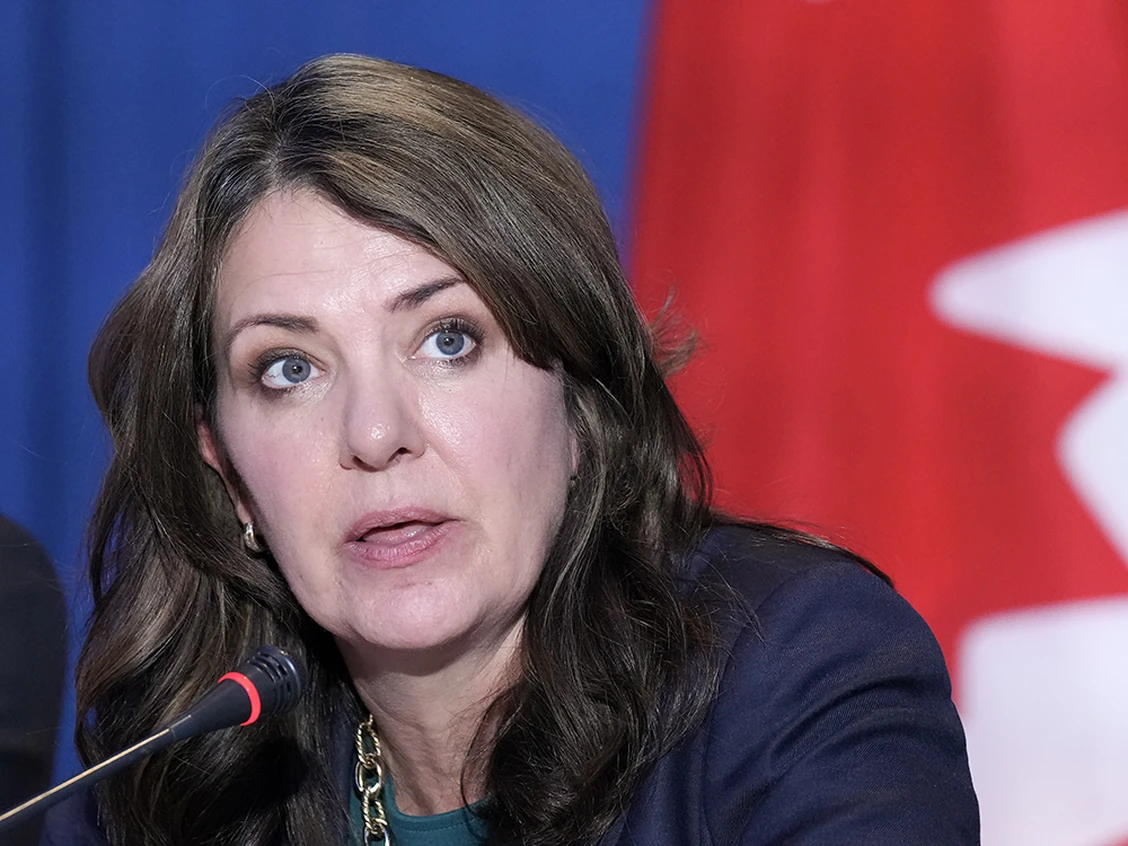Featured
article
- Get link
- X
- Other Apps
Provincial Directive Curbs AHS Authority Over Private Surgical Contract Negotiations
In a significant policy shift, Alberta Health Minister Adriana LaGrange has stripped Alberta Health Services (AHS) of its authority to negotiate contracts with private surgical facilities. According to a government directive obtained by media, the change came after internal concerns—raised by the agency’s then-chief executive—over rising contract costs.
Documents, including a letter from former AHS CEO Athana Mentzelopoulos’s lawyer, allege that senior government officials—even involving Premier Danielle Smith’s former chief of staff—intervened in AHS’s procurement process to favor private companies. This interference reportedly undermined AHS’s established negotiation powers and raised serious questions about transparency in the province’s health system.
A separate report in a Morning Update from Unpublished Newswire reiterated the move, noting that the directive is part of broader reforms aimed at reducing costs by leveraging competitive pricing in surgical services. Meanwhile, a CityNews investigation has added context to the controversy, citing denials by private surgical providers who label the allegations of sweetheart deals as “false and baseless.”
Critics and opposition leaders are calling for further inquiry into the decision-making process behind these changes, arguing that the shift could signal a move toward greater privatization of public health services. In contrast, government representatives insist that the directive is intended solely to improve efficiency and ensure more competitive pricing for publicly funded operations.
Popular Posts
Trump's Six Words: "I'm Going to Stop the Wars"
- Get link
- X
- Other Apps
Smart Savings for a Sharp School Start: Canadian Parents’ 2025 Guide
- Get link
- X
- Other Apps




Comments
Post a Comment